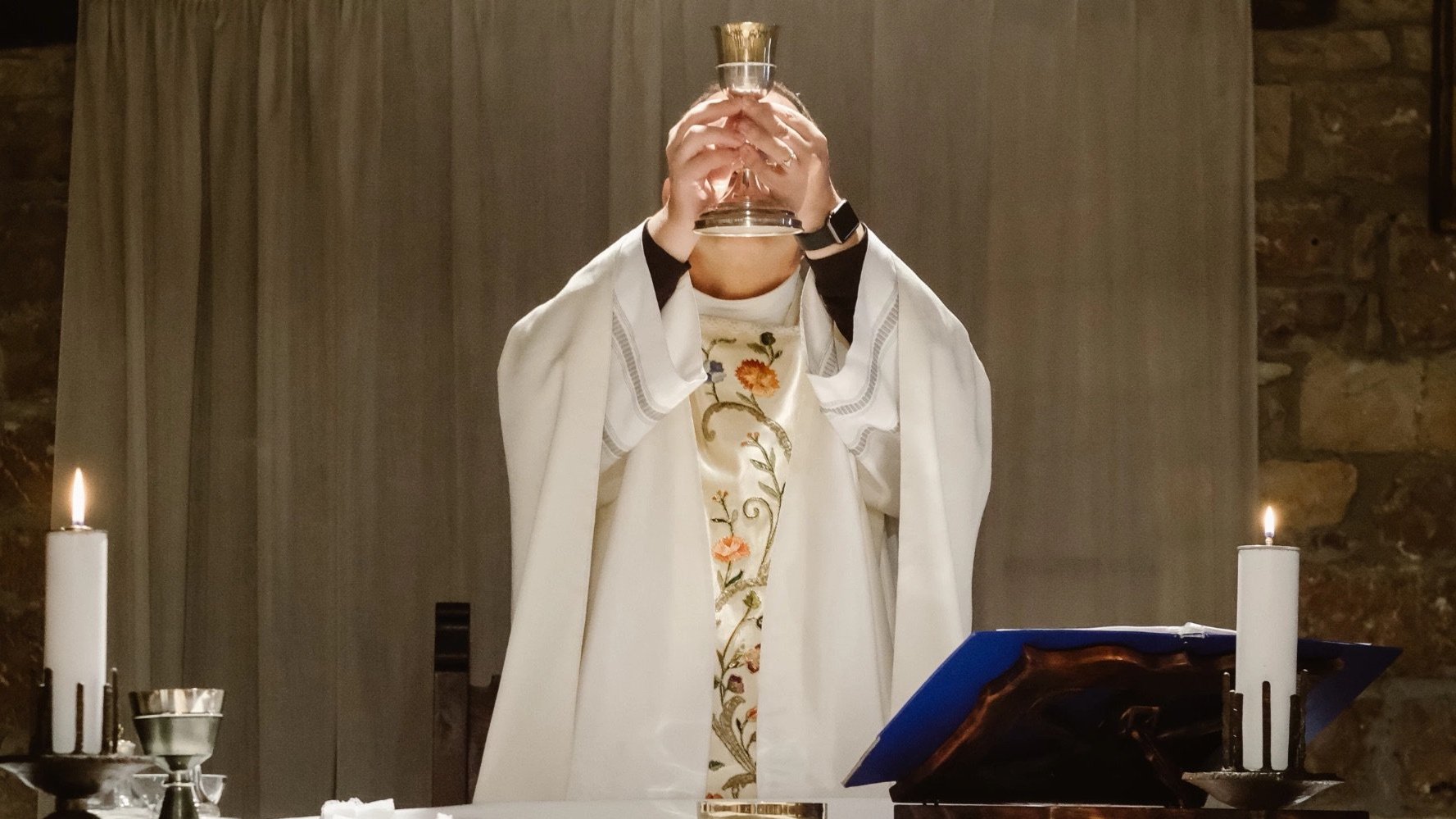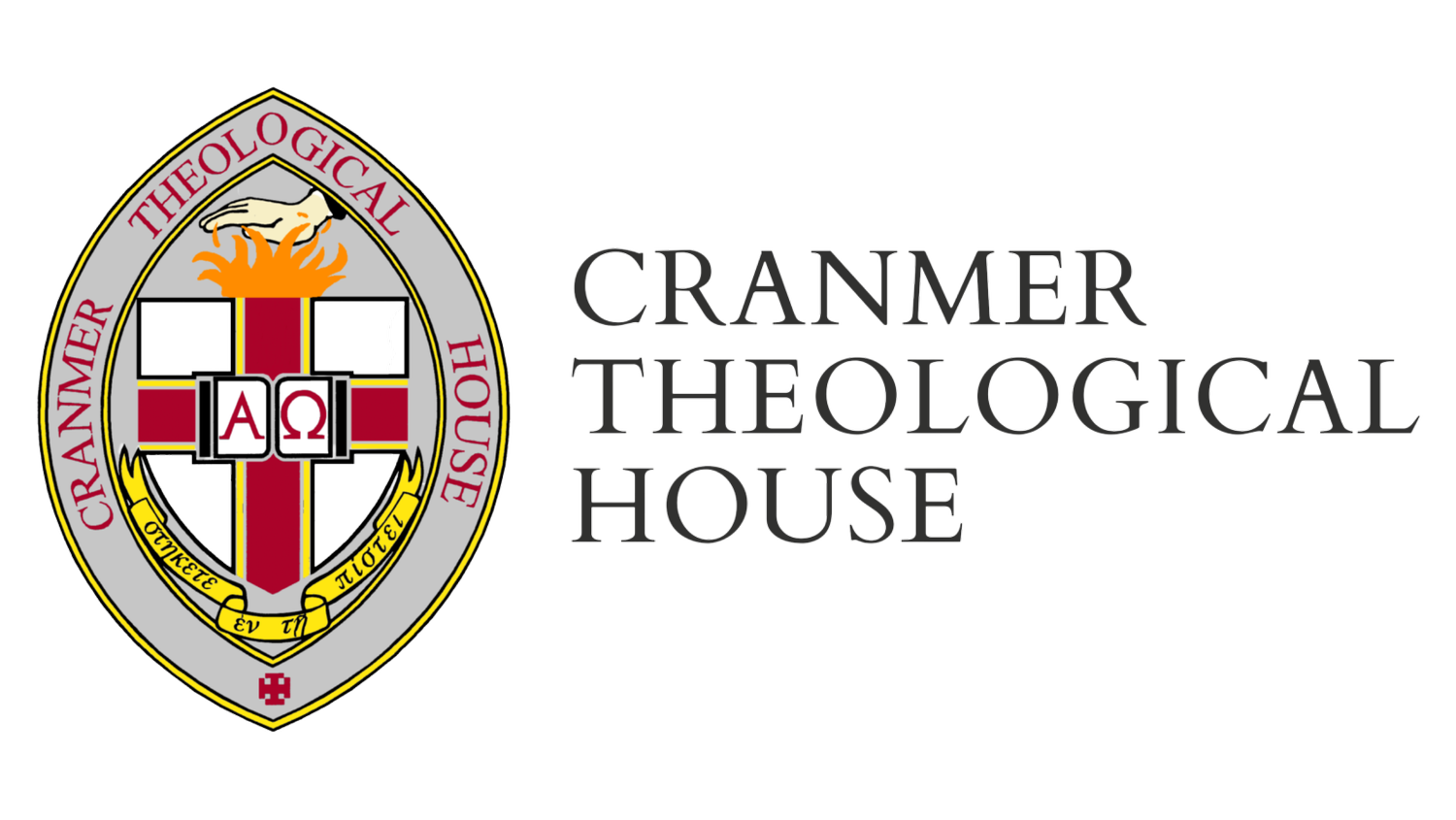
Master of Theology (Th.M.)
Master of Theology (Th.M.)
The Master of Theology (Th.M.) program is a one- to two-year program open only to those who already possess an M.Div. degree or, in some cases, a B.D. degree, or the nearest equivalent. The program assumes a graduate level of proficiency in Biblical languages, though a candidate may be admitted to the program on condition of further language study. The Th.M. program is especially recommended for those wishing to pursue an intensive course in Anglican studies subsequent to the completion of ministerial training (usually at a non-Anglican seminary), or in preparation for further academic pursuits.
Requirements.
The Th.M. requires 25 credit hours. The student must complete eight courses for the Th.M. (assuming the student has an M.Div.). The required courses are listed below, and their descriptions may be found in our catalog.
Patristics (3)
Anglicanism (3)
Thirty-Nine Articles (3)
Church and Sacraments (4)
Liturgics (3)
Spirituality (3)
Cure of Souls (3)
Scripture and Hermeneutics (3)
-
Thesis Option (CTH Graduates)
The CTH graduate may enter the Th.M. program immediately upon the completion of his M.Div. It is an ideal way to augment regular ministerial training or to prepare for further academic study. In all cases the candidate is required to submit to the Seminary Dean a thesis proposal in writing at least eight months prior to the expected date of graduation. The topic must be approved by the Seminary Dean and the Faculty Supervisor under whom the candidate intends to work, and must be in some area of inquiry in which the candidate has not worked before.
The Thesis Option involves the research and writing of a faculty-supervised thesis of not less than 25,000 words, and the successful oral defense of that thesis before a board of at least two approved examiners. CTH will retain a copy of the thesis upon its successful submission. No additional course work or residency is required.
The Rev. Kasey Gage: Th.M. Graduate


